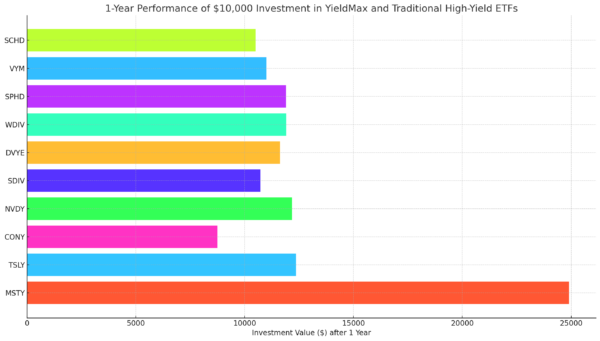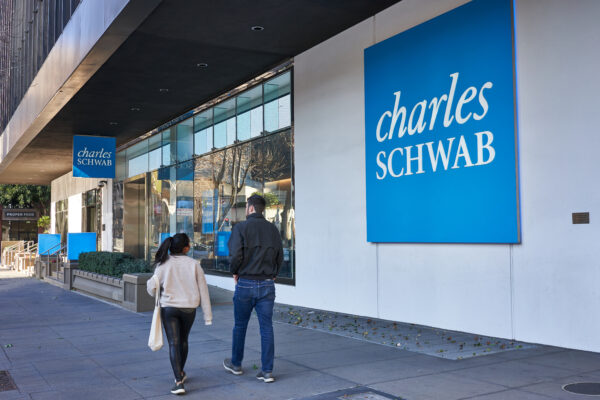Three McDonald’s Dividend History and Safety Charts
McDonald’s dividend history is long, but is it safe going forward?
The company has raised and paid its dividend for the last 45 years. This consistency is great for investors, and it almost makes McDonald’s an elite dividend king. The kings are companies that have increased dividend payments for 50 consecutive years or more.
To see whether McDonald’s will keep on paying a dividend, let’s dig into the business and recent dividend trends. Also, if you’re interested in the company’s response to more recent events, check out our article on McDonald’s stock.
Business Overview and Highlights
McDonald’s is a $139 billion business. The company is based out of Chicago and has 205,000 employees. Last year, McDonald’s had $21 billion in sales, or $103,000 per employee.
With more than 38,000 locations in more than 100 countries, McDonald’s is a household name. The fast food giant maintains an investment grade credit rating of BBB+. This allows McDonald’s to issue cheap debt to build the business and finance other projects.
Last year, McDonald’s made one of its biggest acquisitions over the last few decades. It acquired Dynamic Yield for $300 million. Dynamic Yield is a big data and machine learning company that’s now helping McDonald’s improve customer experience and purchases.
Moves like this are helping McDonald’s maintain its stake in the fast food industry. They’re also providing a growing pile of cash flows to keep paying dividends…
McDonald’s Dividend History
McDonald’s paid investors $2.26 per share a decade ago. Over the last 10 years, the dividend has climbed to $4.73. That’s a healthy 109% increase! You can see the annual changes below…

The compound annual growth is 7.7% over 10 years… and the dividend climbed 12.9% over the last year. The increase in dividend growth is a good sign. McDonald’s might work out as a good income investment going forward. Let’s take a look at the yield…
Current Dividend Yield vs. Historical Average
McDonald’s dividend history makes it one of the best dividend stocks around. This also makes the dividend yield a decent indicator of value. And a higher yield is generally better for buyers, assuming it’s sustainable. We’ll look at dividend safety after the yield.
The dividend yield comes in at 2.67%, below the 10-year average of 2.97%. The chart below shows McDonald’s dividend yield over the last 10 years…

Investors have bid up the company’s market value and the yield has dropped. They might be expecting higher payout growth. But more often than not, the dividend yield reverts to the mean with share price changes.
Is McDonald’s Dividend Safe?
Many investors look at the payout ratio to determine dividend safety. They look at the dividend per share divided by the net income per share. So a payout ratio of 60% would mean that for every $1 McDonald’s earns, it pays investors $0.60.
The dividend payout ratio is a useful indicator of dividend safety… but net income isn’t too reliable. Accountants manipulate income numbers. They adjust for goodwill and other non-cash items. So a better metric is free cash flow.
Here’s McDonald’s dividend payout ratio based on free cash flow over the last 10 years…

The ratio is fairly steady over the last 10 years and the trend is upward. The last year shows McDonald’s dividend payout ratio at 62.6%. This gives wiggle room for McDonald’s board of directors to continue raising the dividend.
McDonald’s is in a strong position and the dividend is safe. It’s likely that the company will make the elite dividend kings list in the next five years. Will you be along for the ride?
Are you interested in uncovering more dividend research? You can sign up for our free e-letter below. It’s packed with up-to-date investing insight from market experts.
Also, want to see how big your investment or portfolio can grow? Or how long it will take to reach financial freedom? If so, feel free to check out our investment calculator.





